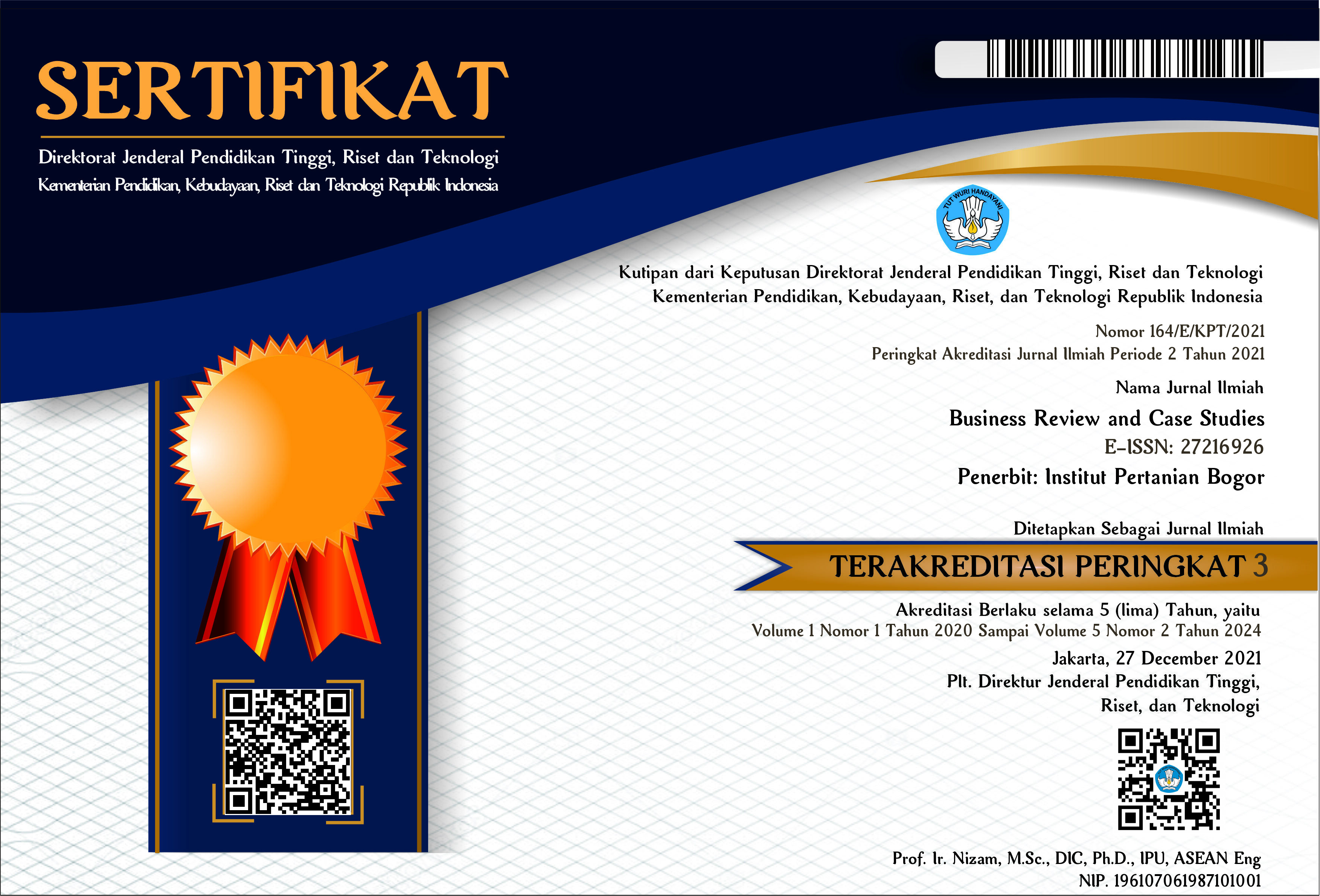A Comparative Analysis of Social Enterprise in South Korea and Indonesia
Abstract
Social enterprise (or, institutionally, social business) is a business practice that focuses on social activities in which both market and government fail to deliver social benefit, welfare, justice, and sustainability. Some countries such as South Korea, the United Kingdom, the USA, and others have progressively developed a suitable ecosystem for social enterprise. Indonesia, with its growing social enterprises in society, also needs a suitable and favorable ecosystem to ascertain the progress and sustainability of such enterprises. This study is intended to design a business ecosystem ideal for Indonesia’s social enterprises. It was conducted by comparative analysis of the social enterprise ecosystem in Indonesia and South Korea South Korea is considered a country with the most progressive social enterprises in Asia through a systematic literature review. The comparative analysis result is further analyzed using the BEEP (Babson Entrepreneurship Ecosystem Project) Model. This study shows that there are several significant differences and gaps between Indonesia and South Korea’s business ecosystem for fostering the progress of social enterprises notably in the areas of government policy, finance, and human capital in which Indonesia needs to reflect on developing and fostering her social enterprise ecosystem. The interplay of factors and players of the social business ecosystem in Indonesia will thrive if the government can properly nurture existing social culture, promote proper policies, roll out appropriate and accessible levels of the playing field, and develop a consistent and impartial legal framework.
Keywords: social enterprise ecosystem, social business, entrepreneurship ecosystem, systematic literature review







.jpg)






